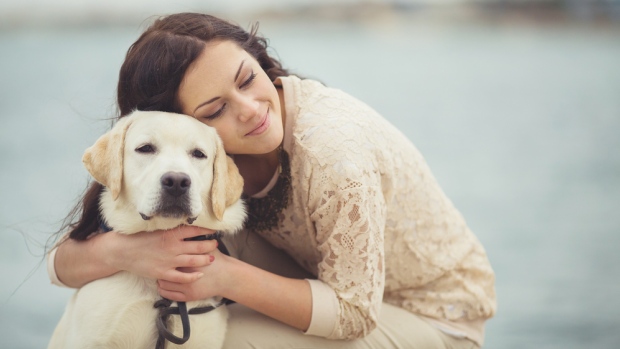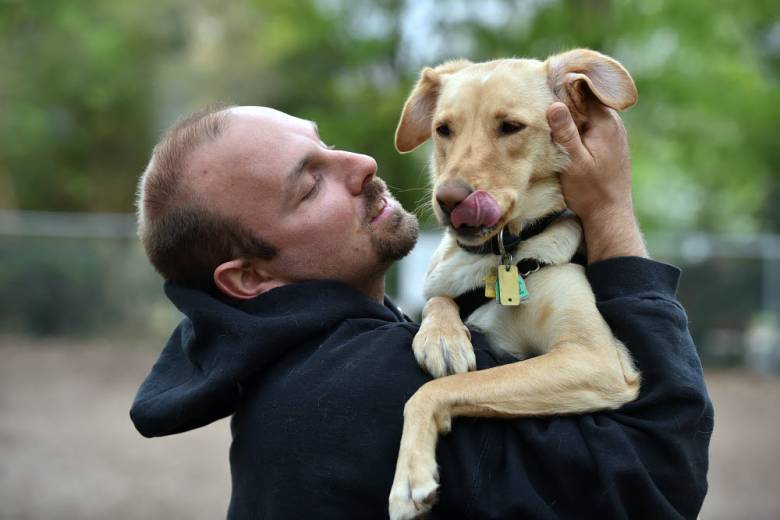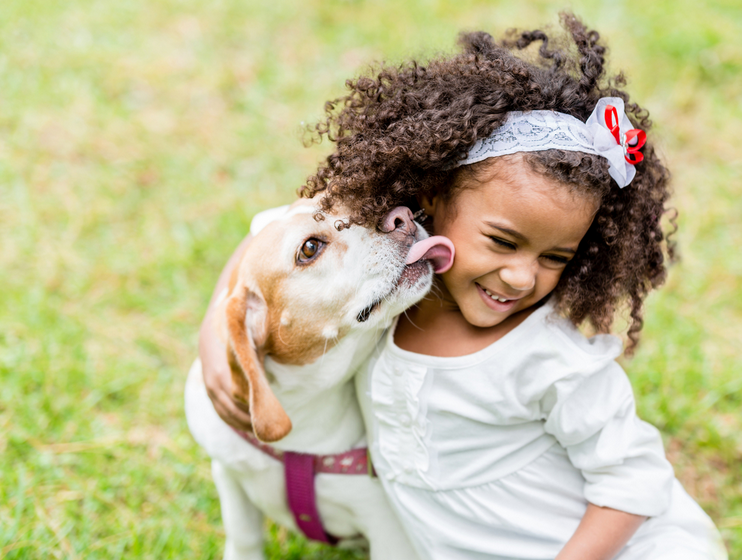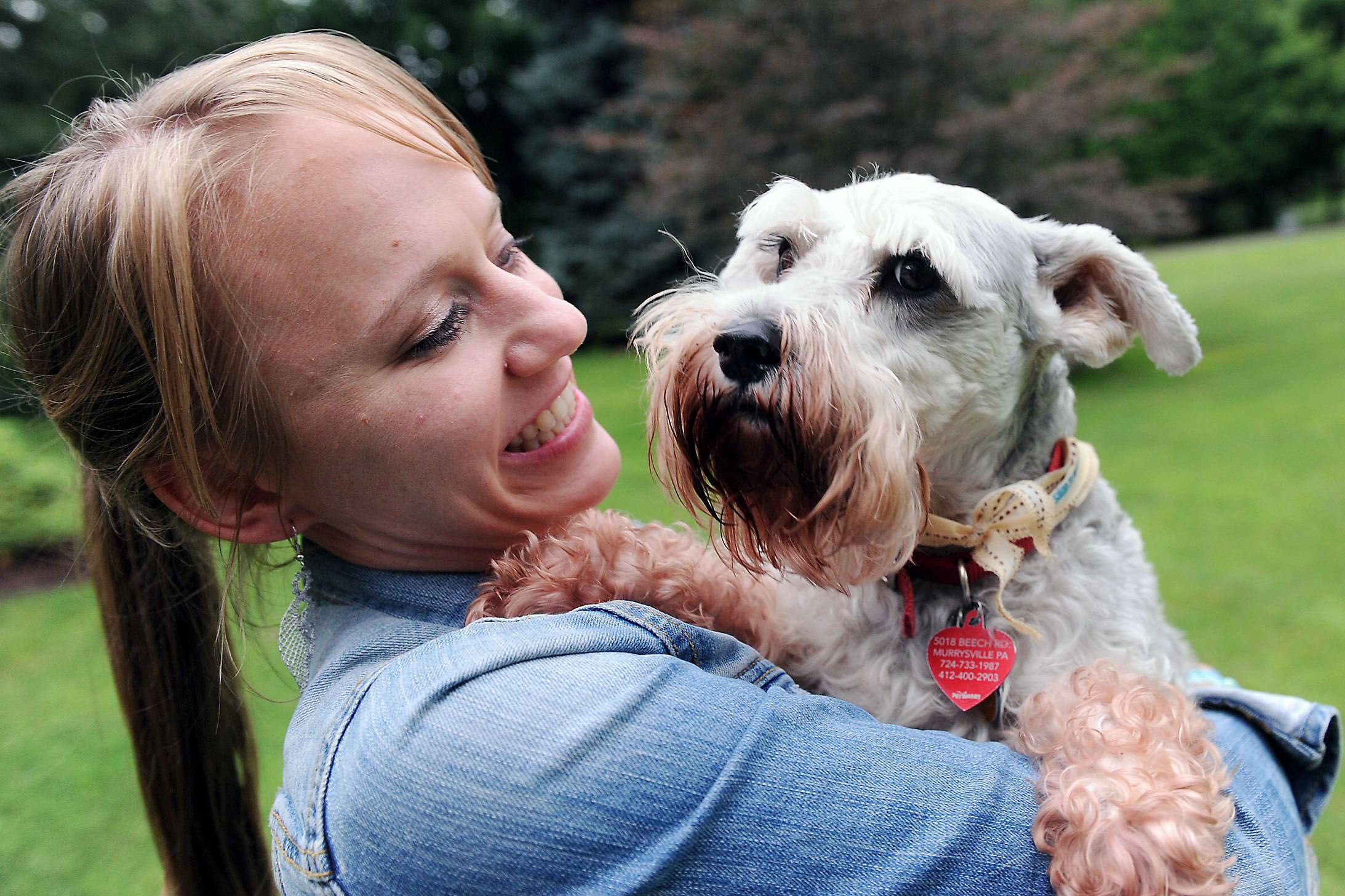If you have ever had to put your dog down, or lost your dog unexpectedly, then you are well aware of the immense pain you feel in your heart.
Knowing you won't hear their little bark, see their wagging tale, or have any more snuggles is one of the hardest things you'll have to deal with.
Psychologist Frank T. Andrew knows this feeling all too well, and he says it's actually sometimes harder to lose a dog than it is a relative.
"When people who have never had a dog see their dog-owning friends mourn the loss of a pet, they probably think it's all a bit of an overreaction," says Dr. Andrew. "After all, it's "just a dog.""
Dr. Andrew says the bond that humans and dogs form makes them a member of the family, so losing them can be an equally crushing blow.
But why do we feel so attached to our dogs?

Dr. Andrew says dogs as a species have adapted over the past 10,000 years to literally become man's best friend. "They're the only animal to have evolved specifically to be our companions and friends," he says.
Dr. Andrew also some scientific studies that "indicate that dogs can understand human intentions, try to help their owners and even avoid people who don't cooperate with their owners or treat them well."
So basically, they're literally the best friend you could ask for. Dogs are there when you need them, try to help you out in times of trouble, and won't go near that one rude girl from your high school drama club (okay that might be a bit of stretch.)
This type of "unrequited affection, assistance, and loyalty" is what makes people love their dogs so much.

It's even gotten to the point where family members think of their dog as another child or sibling subconsciously.
"Misnaming happens when you call someone by the wrong name, like when parents mistakenly calls one of their kids by a sibling's name," says Dr. Andrew. "It turns out that the name of the family dog also gets confused with human family members, indicating that the dog's name is being pulled from the same cognitive pool that contains other members of the family."
The same thing doesn't happen with cats.
Psychologist Julie Axelrod also points out that it's not just the loss of the pet that hurts, it's the loss of guaranteed companionship, unconditional love, and comfort.
Interestingly enough, humans are willing to put them through the grief time and time again, getting a new dog after theirs has passed. The reassuring presence of dogs is worth the later pain that may come.

Did the loss of your dog feel like you lost a family member? Share this if you agree.

